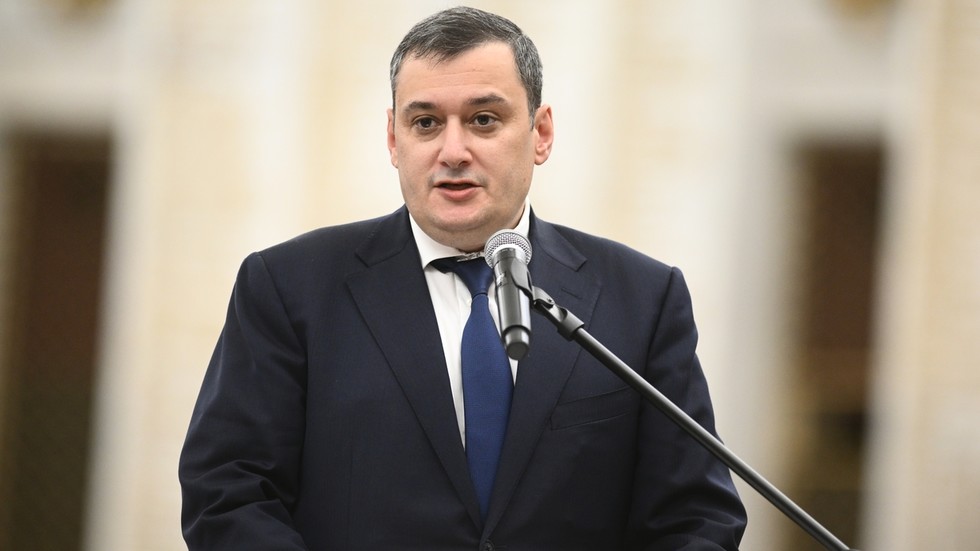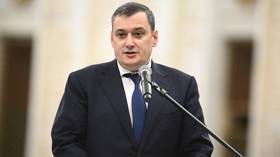
Alexandr Khinstein has called for an attempt by the ‘gay lobby’ to infiltrate educational institutions to be resisted

Chairman of the Committee on Information Policy, Information Technologies and Communications of the State Duma of the Russian Federation Alexandr Khinstein. © Sputnik/Vladimir Astapkovich
A senior Russian MP has said he isn’t opposed to the sexual orientation of state officials being checked by the authorities with a view to protecting traditional values.
Alexandr Khinstein, who heads the State Duma Committee on Information Policy, IT and Communications, addressed a number of gay scandals that have rocked Samara Region, which he represents in the lower house of the Russian parliament, during an interview with a local newspaper on Monday.
Asked if investigations into the sexual orientation of officials were warranted, Khinstein said homosexuality should be prohibited in institutions that work with children and young people.
“I don’t see anything reprehensible or bad in such a check,” he said. “Protecting traditional family values is one of the tenets of state policy, and special attention must be paid to people who are involved in [the field of education].”
Khinstein condemned a series of scandals involving officials in Samara Region, who seemingly embraced “non-traditional sexual values.”

Read more
“This gives me reason to assume [that] we are not talking about a few isolated cases, but about a certain system, an attempt by the gay lobby to infiltrate the educational environment in order to influence children,” he said.
Khinstein recalled that one controversy had involved a local youth policy official, Denis Leontovich, who he said had posted explicit homosexual images on his social media account.
Another scandal involved Sergey Burtsev, the former regional youth policy minister, who allegedly spent a week in a hotel room with a male subordinate. Burtsev denied the allegations, but resigned anyway.
Russia outlawed the LGBTQ movement last year. Anyone involved in related “extremist” activities can face a prison term of up to ten years. The legislation, however, does not target sexual minorities per se.
It followed a decision banning LGBTQ propaganda among all ages and categories of citizens in 2022.




